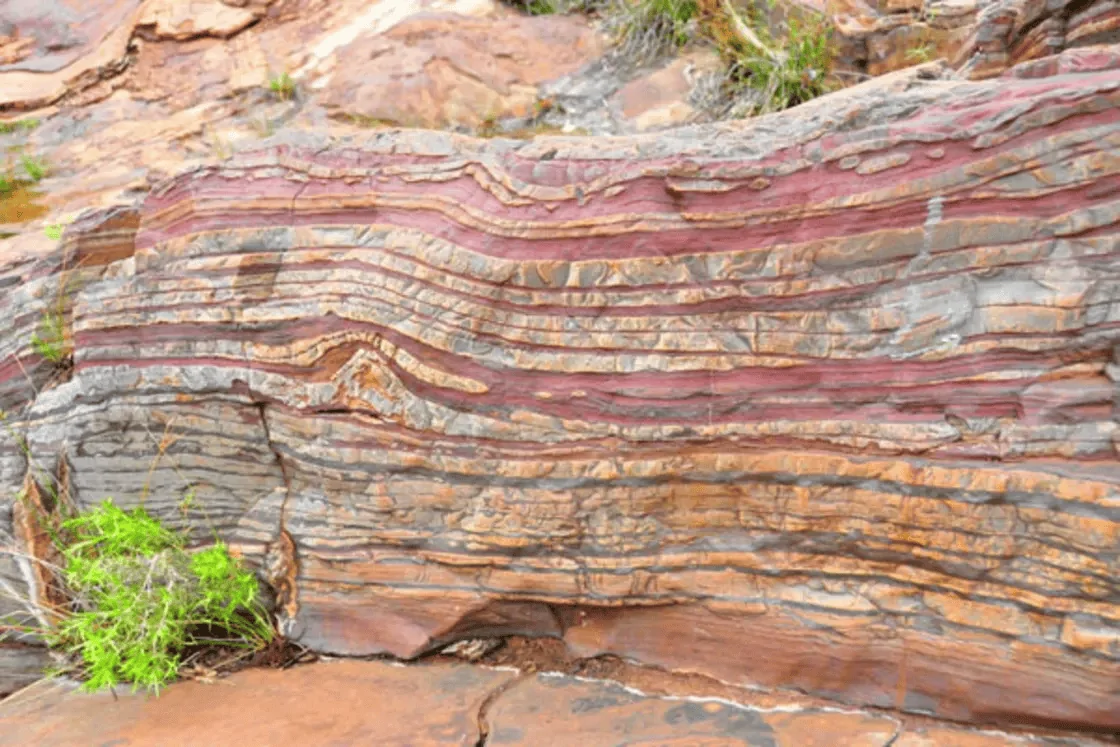Jim Lewis
Well-known member
- First Name
- Jim
- Joined
- Jan 10, 2023
- Threads
- 51
- Messages
- 980
- Reaction score
- 923
- Location
- San Antonio, TX
- Vehicles
- Honda Accord 2017; 2023 Lariat ER
- Occupation
- Retired
I'm not going to try to convince anyone of anything. But a known fact is that humans are consuming each year fossil fuel reserves that took roughly a million years of plant growth to make. So there is no way the earth will regenerate or replenish fossil fuels at the rate at which we're using them. All this business about electricity as something that can be restricted. The sun and the wind work everywhere in the world. You can generate electricity in your backyard or on your roof and store it. You can't generate fossil fuel in your backyard. It takes a national or international supply chain to provide it.As far as I know, no one really understand just how the earth produces oil, and at what rate.
On climate change and the world's fate, it's worth noting that there've been quite a few mass extinctions in the past caused by changes in the earth's atmospheric composition. One of the first and most disastrous (but not for us) was the evolution of cyanobacteria 2.3 to 2.7 billion years ago. They started photosynthesis on a mass scale in the world's oceans, releasing a new atmospheric gas poisonous to the dominant anaerobic life forms that existed at the time. That gas was oxygen, without which we wouldn't be the clever multi-cellular organisms we are today. By producing "nuclear winter" and creating acid rain, volcanoes caused quite a few other extinction events, etc. So, in a way, we are the cyanobacteria of today, producing CO2 and methane like gangbusters and not having a whole lot of really terrific intention of stopping. If all the ice on the planet were to melt, sea level would rise about 230 feet. Houston, for example, is, on average, 50 feet above sea level. Its highest ground level is only 150 feet above sea level. In the geological past, high atmospheric CO2 levels have melted all glacial ice on the planet, and the polar oceans were warm enough to go swimming. One can't say that can never happen again.
I think we need to evolve so that doesn't happen, and I think most Houstonians living a century or two in the future would agree with me (as well as everyone else's descendants trying to live in all the coastal cities of the world). The important thing is not what vehicles we drive but what we do to the composition of the earth's atmosphere. However we avoid being the cyanobacteria of today is fine with me.
Sponsored
Last edited:


